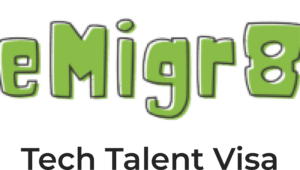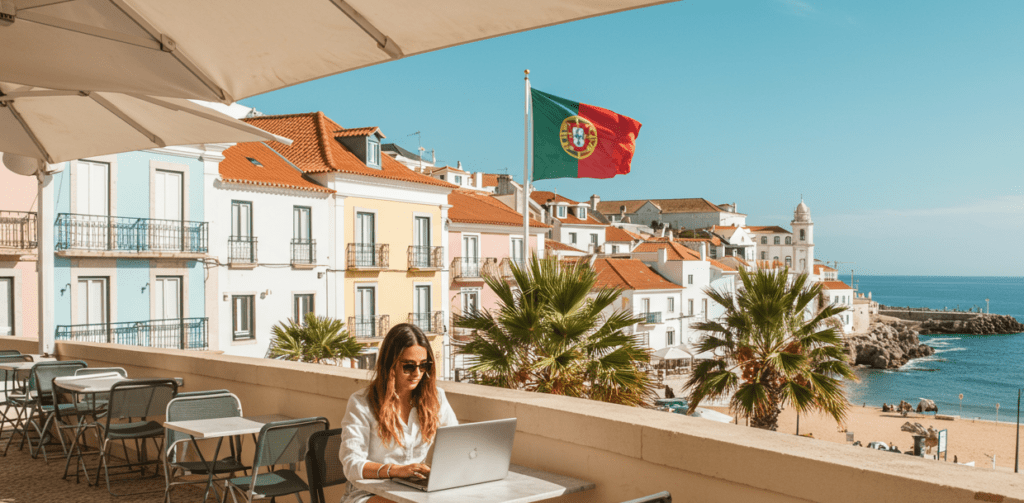Tips for Founders & Tech Professionals Applying for the UK Global Talent Visa
Tips for Founders & Tech Professionals Applying for the UK Global Talent Visa The UK is one of the most appealing places for global entrepreneurs, innovators, and skilled tech professionals. With top universities, a growing fintech scene, and access to funding, it’s no wonder that founders and tech experts from around the world are looking at the UK Global Talent Visa as a way to grow, work, or settle in Britain. But how does the visa work, and who can apply? Whether you are a startup founder, engineer, researcher, or product leader, this guide explains everything clearly. Why Choose the UK Global Talent Visa? Unlike most visa routes, the Global Talent Visa offers flexibility: No job offer is required before applying You have the freedom to work for an employer, freelance, or start your own venture It offers a clear path to settle in the UK (Indefinite Leave to Remain in 3 or 5 years) You can bring your partner and dependants For founders, this means you can build and fundraise without being tied to one employer. For tech professionals, it adds value to your CV while giving you control over your career. Eligibility Criteria (Mandatory and Optional) To qualify, you need to meet the following: Mandatory Criteria You must prove you are a leader or emerging leader in digital technology. This usually means showing significant impact in your field as a founder, technical contributor, or expert. Optional Criteria (choose 2 of 4) Innovation – a proven track record of innovation (e.g., patents, published work, unique products). Recognition – evidence that others recognize your work beyond your immediate occupation. Contributions – notable technical or commercial contributions to your company or sector. Academic – research contributions endorsed by an academic or research institution. A Pro tip from past applicants: for each claim, make sure to provide three parts: what you did, the measurable results, and confirmation from reputable referees (GOV.UK – Global Talent Visa Criteria) Building a Strong Application Here’s how successful applicants stand out: Quantify everything: Don’t just say you “scaled a startup”. Show the numbers (e.g. 40M+ customers, $100M+ growth fund). Choose referees wisely: Letters should be detailed, numeric, and directly linked to your achievements. Craft a clear personal statement: Explain why you chose the UK, how you’ll contribute to its tech ecosystem, and your long-term plans. Include supporting evidence: Media coverage, GitHub repositories, IP filings, awards, fundraising achievements, or participation in accelerators. Founders should emphasise product innovation and fundraising success. Non-founders can highlight technical depth, leadership in projects, or sector-wide impact. Common Mistakes to Avoid Submitting vague claims without metrics Using referees who know little about your work. Focusing only on the solution instead of explaining the problem solved (especially crucial in early-stage pitches). Ignoring emerging fields: AI, blockchain, and other frontier tech are highly favoured Settling in the UK Beyond the visa, getting endorsed is just the first step. Thriving in the UK means building networks: Attend monthly founder and tech meetups (most are listed on Eventbrite). Join accelerators and venture networks for early-stage support. Remember, early-stage funding is often tougher in the UK than in the US, but UK-based founders tackling emerging market problems often find it easier to access capital. Final Thoughts The UK Global Talent Visa is more than just a way to immigrate; it’s a platform to grow globally. Whether you are a founder building across Africa, a researcher in AI, or a software engineer leading groundbreaking projects, this visa is meant to give you freedom, credibility, and long-term stability. At eMigr8, we help you navigate this journey with clarity and confidence, from understanding the criteria to strengthening your evidence, refining your personal story, and preparing a submission that truly reflects your impact. If you’re ready to position yourself for global opportunities, reach out today: www.emigr8visa.com.



